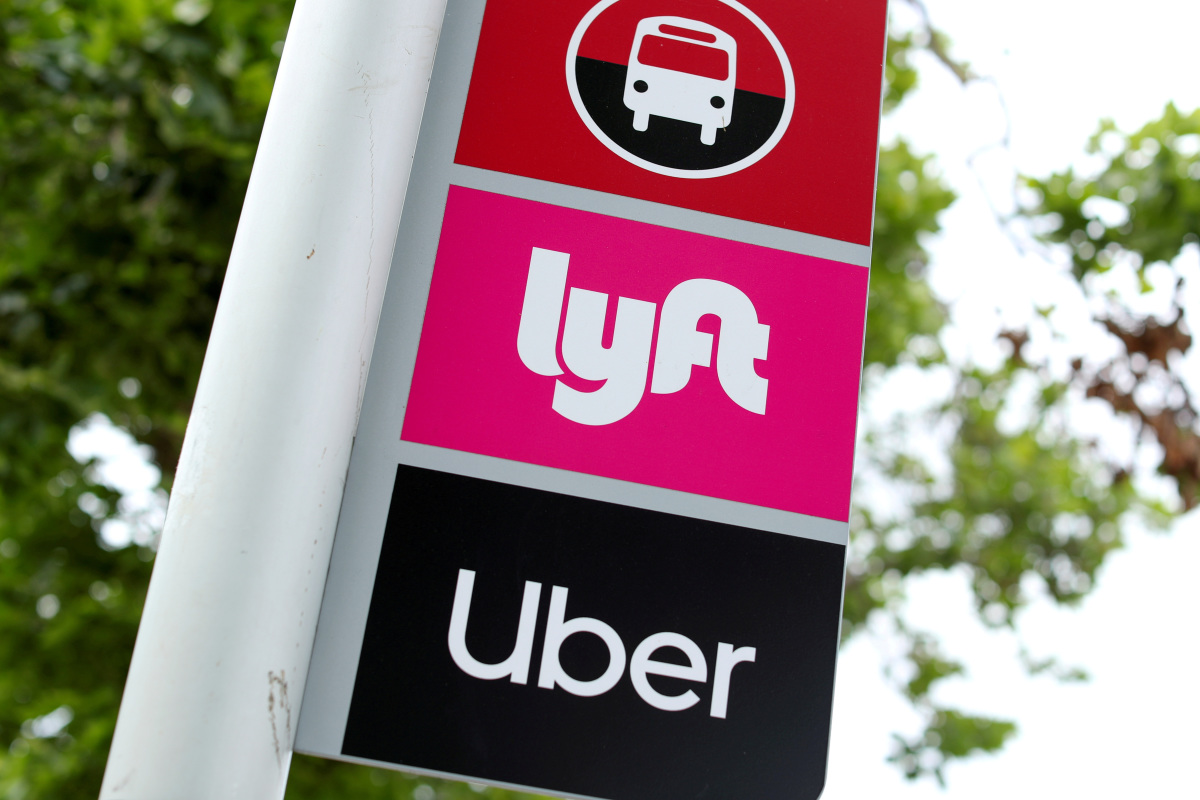Uber and Lyft have announced the cessation of their services in Minneapolis, effective May 1, following a contentious battle over driver wages. The decision comes after the Minneapolis City Council overrode Mayor Jacob Frey’s veto, passing an ordinance to enforce a minimum wage for rideshare drivers, setting off a clash between city officials, rideshare companies, and driver advocates.
The council’s ordinance, passed by a 10-3 majority, mandates rideshare companies to pay drivers a minimum of $1.40 per mile and $0.51 per minute, or $5 per ride, whichever is higher, with tips being additional. This move aimed to align driver compensation closer to the local minimum wage of $15.57 per hour.
However, both Uber and Lyft have vehemently opposed the ordinance, labeling it as “deeply flawed” and asserting that it renders their operations unsustainable. Citing a Minnesota study, the companies argue that drivers could meet the minimum wage threshold at lower rates of $1.21 per mile and $0.49 per minute while still covering essential expenses such as health insurance, paid leave, and retirement savings.
The decision to exit Minneapolis has drawn sharp criticism from city officials and driver advocates alike. Mayor Frey, while supporting the notion of a minimum wage for rideshare drivers, expressed concerns over the potential job losses resulting from the ordinance. He emphasized the importance of data-driven policymaking and implored local politicians to find a solution before the impending deadline.
The impending departure of Uber and Lyft raises significant concerns about transportation accessibility, particularly for vulnerable communities such as individuals with disabilities and those without personal vehicles. With the taxi industry already decimated by the rise of ridesharing, the departure of Uber and Lyft leaves a glaring void in the city’s transportation landscape.
In response to the vacuum left by Uber and Lyft, emerging rideshare companies like Empower and Wridz are eyeing the opportunity to fill the gap. These newcomers offer a distinct business model, requiring drivers to pay a monthly subscription fee to use their platforms and retain the entirety of their fares. While this approach promises greater autonomy for drivers, its long-term viability remains uncertain.
The Minneapolis wage dispute reflects broader tensions surrounding the gig economy and labor rights. Across the country, gig workers are advocating for fair wages and employment benefits, prompting legislative actions at the city and state levels. However, the implementation of such measures has often been met with fierce opposition from industry stakeholders, highlighting the complex interplay between innovation, regulation, and worker welfare.
As the deadline looms for Uber and Lyft’s exit from Minneapolis, stakeholders are left grappling with the implications of their departure. While the standoff underscores the urgency of addressing labor issues in the gig economy, it also underscores the need for collaborative solutions that balance the interests of drivers, companies, and the community at large.
Uber
U.S.
2024-03-20 03:00:05
Link from www.ibtimes.com
